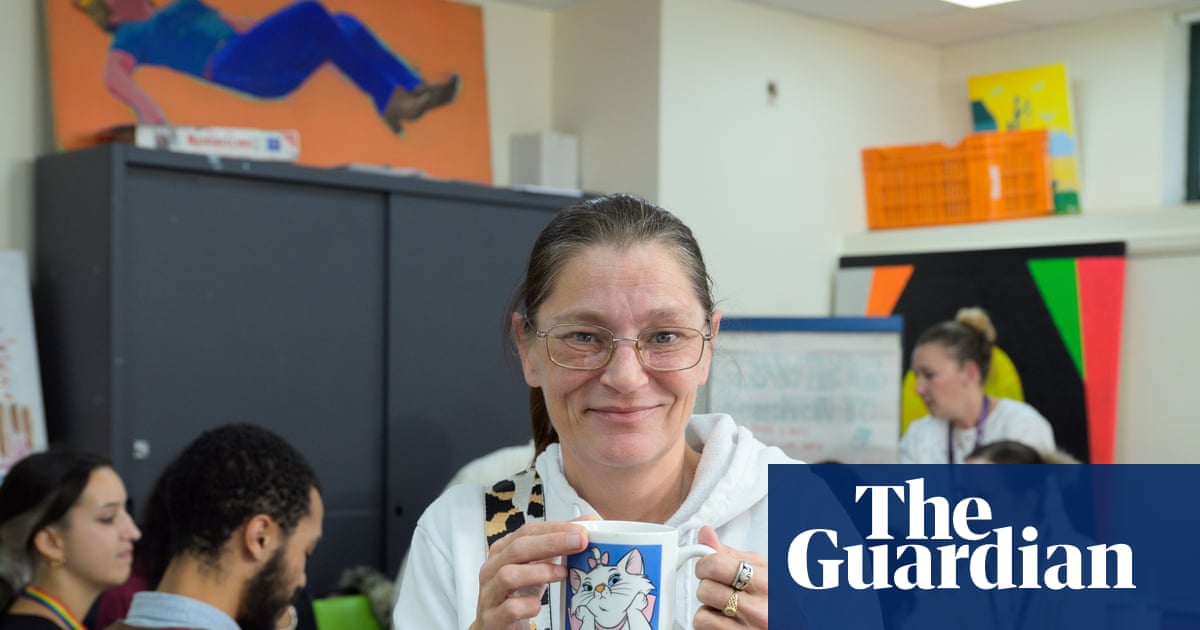
"It's two years since Isiah found himself on the roof of a south London shopping centre, about to jump. I was very done, he says of that night in November 2023. It felt there was no other route or option. First, I did a walk around everywhere important to me: primary school, secondary, college. Then he headed to Lewisham shopping centre. I remember my head was telling me: You're probably better off doing this.' He was exhausted by his paranoia,"
"Now 29, he first tried marijuana at 14, becoming a daily user by 17. At university, studying event management during the pandemic, he smoked more because this is how you meet people, but remembers growing feelings of suspiciousness, first towards his housemates, then to his workmates at a part-time office job. He struggled to sleep, started to isolate, and cannabis became a way to cope. In the end, smoking three joints a day, he felt he could trust no one."
Isiah developed severe paranoia and suicidal thoughts after long-term cannabis use that began at 14 and escalated to three joints daily by university. Cannabis use rose during the pandemic as a social coping mechanism, then fueled suspiciousness, sleep disruption, isolation and distrust. A clinic in Denmark Hill provides specialist dual-diagnosis support for adults with psychosis who are trying to reduce cannabis use. High-potency cannabis is associated with a measurable share of new psychosis cases, with estimates around 12% across Europe and about 30% in London.
Read at www.theguardian.com
Unable to calculate read time
Collection
[
|
...
]